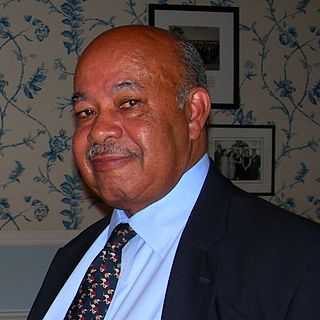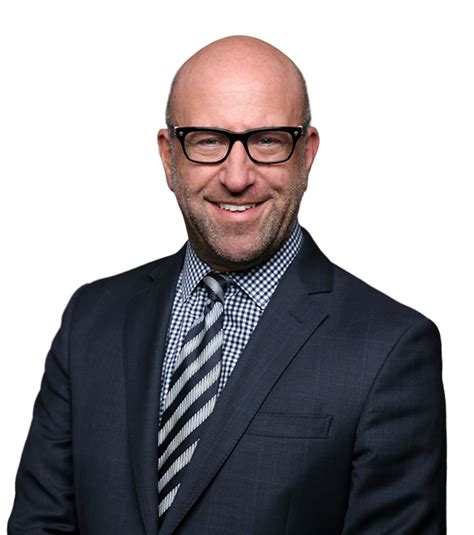A Quote by Ludwig von Mises
The characteristic feature of a free society is that it can function in spite of the fact that its members disagree in many judgments of value. Freedom really means the freedom to make mistakes.
Related Quotes
Freedom only for supporters of the government, only for the members of one party - however numerous they may be - is no freedom at all. Freedom is always and exclusively freedom for the one who thinks differently. Not because of any fanatical concept of 'justice' but because all that is instructive, wholesome and purifying in political freedom depends on this essential characteristic, and its effectiveness vanishes when 'freedom' becomes a special privilege.
Everyone talks about freedom. All around the world different people, different races, different countries are fighting for freedom. But what is freedom? In America we speak of living in a free country. But are we really free? Are we free to be who we really are? The answer is no, we are not free. True freedom has to do with the human spirit-it is freedom to be who we really are. Who stops us from being free? We blame the government, we blame the weather, we blame our parents, we blame religion, we blame God. Who really stops us from being free? We stop ourselves.
In the end, more than freedom, they wanted security. They wanted a comfortable life, and they lost it all – security, comfort, and freedom. When the Athenians finally wanted not to give to society but for society to give to them, when the freedom they wished for most was freedom from responsibility, then Athens ceased to be free and was never free again.
In the West, there's a myth that freedom means free expression-that to follow all desires wherever they take one is true freedom. In fact, as one serves the mind, one sees that following desires, attractions, and repulsions is not at all freedom, but is a kind of bondage. A mind filled with desires and grasping inevitably entails great suffering. Freedom is not to be gained through the ability to perform certain external actions. True freedom is an inward state of being. Once it is attained, no situation in the world can bind one or limit one's freedom.
True freedom is not advanced in the permissive society, which confuses freedom with license to do anything whatever and which in the name of freedom proclaims a kind of general amorality. It is a caricature of freedom to claim that people are free to organize their lives with no reference to moral values, and to say that society does not have to ensure the protection and advancement of ethical values. Such an attitude is destructive of freedom and peace.
The most basic principle to being a free American is the notion that we as individuals are responsible for our own lives and decisions. We do not have the right to rob our neighbors to make up for our mistakes, neither does our neighbor have any right to tell us how to live, so long as we aren’t infringing on their rights. Freedom to make bad decisions is inherent in the freedom to make good ones. If we are only free to make good decisions, we are not really free.
The importance of our being free to do a particular thing has nothing to do with the question of whether we or the majority are ever likely to make use of that particular possibility. To grant no more freedom than all can exercise would be to misconceive its function completely. The freedom that will be used by only one man in a million may be more important to society and more beneficial to the majority than any freedom that we all use.
We must show that liberty is not merely one particular value but that it is the source and condition of most moral values. What a free society offers to the individual is much more than what he would be able to do if only he were free. We can therefore not fully appreciate the value of freedom until we know how a society of free men as a whole differs from one in which unfreedom prevails.
The English people believes itself to be free; it is gravely mistaken; it is free only during election of members of parliament; as soon as the members are elected, the people is enslaved; it is nothing. In the brief moment of its freedom, the English people makes such a use of that freedom that it deserves to lose it.
Freemasonry must stand upon the Rock of Truth, religion, political, social, and economic. Nothing is so worthy of its care as freedom in all its aspects. "Free" is the most vital part of Freemasonry. It means freedom of thought and expression, freedom of spiritual and religious ideals, freedom from oppression, freedom from ignorance, superstition, vice and bigotry, freedom to acquire and possess property, to go and come at pleasure, and to rise or fall according to will of ability.


































